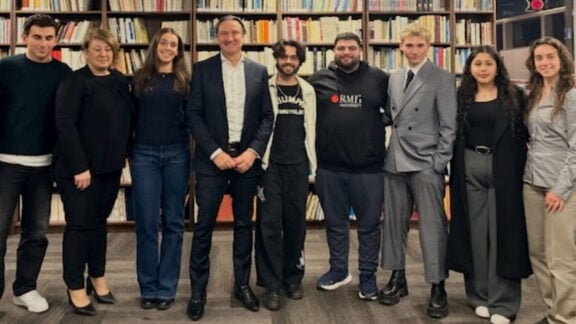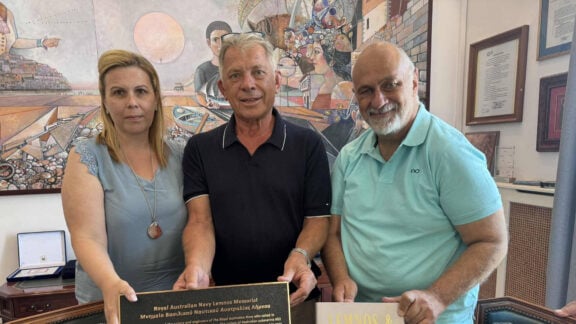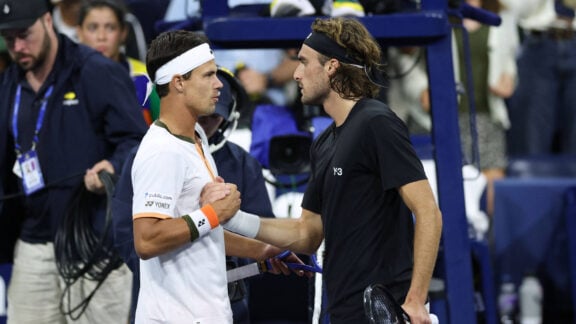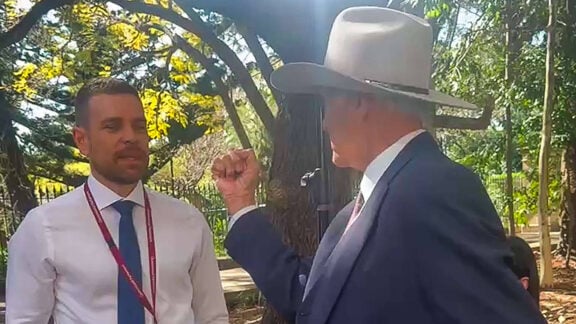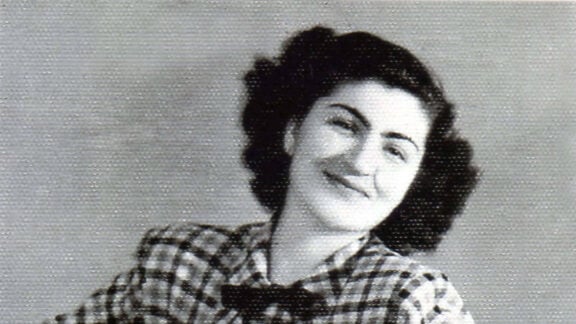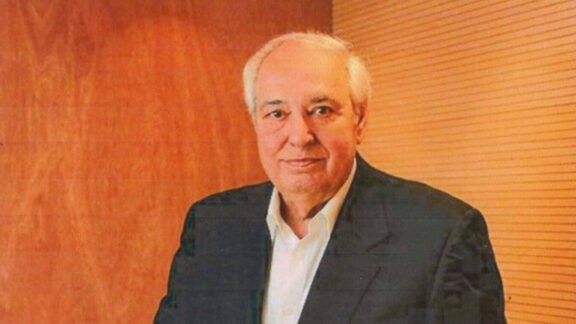Labor has now secured 77 seats, and Prime Minister Anthony Albanese will govern with a majority in parliament.
There are a record number of women, 10 women in cabinet, 13 women in the ministry and 19 on the frontbench.
“This is the largest number of women who have ever served in an Australian cabinet.
“This is far more representative than any government party room has ever been in our history,” Mr Albanese said.
The Liberal Party lost many votes from women, principally professional women. Labor is now keen to demonstrate that the party represents women and that they sit around the key decision-making table.
Diversity is at the core of this ministry. Linda Burnley is the first Indigenous woman to be named Indigenous Australians Minister. Mr Albanese has made implementing the Uluru Statement from the Heart a government priority and a key task for Ms Burnley. She is one of six First Nations parliamentarians within the Labor caucus.
Dr Anne Aly and Ed Husic are the first Muslim Australians to hold federal ministries, and both were sworn in on the Quran.
Mr Husic will serve as the Minister for Industry and Science. The NSW parliamentarian was first elected in 2010 and will be the first Muslim cabinet minister in Australian history.
Talking to Neos Kosmos, sociologist and political commentator, Professor James Arvanitakis said that Mr Albanese has chosen talent that is “more reflective of the diverse nature of the Australian community – though there remains a way to go for the parliament and any single party to mirror who we really are.”
Mr Albanese’s praetorian guard remains intact with deputy leader, Richard Marles in defence, Penny Wong in foreign affairs, Katy Gallagher in finance, Jim Chalmers in Treasury, Mark Butler in health and Tony Burke as leader of the lower house and in the workplace relations portfolio.
“The prime minister is also managing the different factions with a balance between left and right, as well as representation across the different states,” Professor Arvanitakis said to Neos Kosmos.
Mr Marles will oversee record spending at a time of escalating geopolitical tensions. Ms Wong had already been sworn in as Foreign Affairs Minister and began her duties with a rapid tour of the Pacific Islands.
Ms Wong has garnered goodwill in the Pacific by recommitting Australia to the region, with a promise to assist the islands with the challenge of climate change among other issues.
Victoria’s right-faction has been elevated with Tim Watts in a foreign affairs role. Ms Wong and Mr Watts will have to deal with a more bellicose China, without fuelling the flames of acrimony with Australia’s largest trading partner.
Tony Burke will play a pivotal role in developing a new 1980s style Accord between unions and business. A call for wage increases needs to be balanced against rising inflation, and the call from business for more skilled and unskilled labour.
Kristina Keneally who was parachuted into the western Sydney seat of Fowler lost to newcomer Dai Li. Her Home Affairs portfolio went to Clare O’Neill who will also be the Minister for Cyber Security. This marks the Victorian MP’s first cabinet post after serving in shadow positions since 2016.
Professor Arvanitakis said that Mr Albanese has stayed loyal to his inner circle while rewarding “a vast array of emerging talent including Clare O’Neil.”
Victorian, Andrew Giles retains his Immigration, Citizenship and Multicultural Affairs portfolio. Mr Giles during the election had announced significant support for the Greek Archdiocese’s Northcote monastery redevelopment as a cultural centre as well as the Greek Community’s cultural hubs in Melbourne.
Michelle Rowland from NSW retained her Communications portfolio. Ms Rowland and Mr Albanese committed $5 million to independent multicultural media during the election as well as a commitment to its sustainability.
This is an experienced and competent ministry and one that will have to steel itself for the oncoming economic headwinds.
The economy, inflation, low wages growth, a labour and skills crisis, will no doubt take centre stage very soon, eclipsing culture and diversity issues.
Full list of portfolios:
Jim Chalmers – Treasurer
Penny Wong – Senate Leader and Foreign Minister
Richard Marles – Deputy PM and Defence
Tanya Plibersek – Environment and Water
Jason Clare – Education
Katy Gallagher – Finance, Public Service and Women
Mark Dreyfus – Attorney-General and Cabinet Secretary
Tony Burke – Leader of the House, Employment and Workplace Relations and Arts
Don Farrell – Tourism and Travel and Special Minister of State
Clare O’Neil – Home Affairs
Amanda Rishworth – Social Services
Bill Shorten – NDIS and Government Services
Mark Butler – Health and Aged Care
Chris Bowen – Climate Change and Energy
Catherine King – Infrastructure, Transport, Regional Development and Local Government
Madeleine King – Resources and Northern Australia
Brendan O’Connor – Skills and Training
Murray Watt – Agriculture, Fisheries and Forestry and Emergency Management
Linda Burney – Indigenous Australians
Julie Collins – Housing, Homelessness and Small Business
Michelle Rowland – Communications
Ed Husic – Industry and Science
Stephen Jones – Assistant Treasurer and Financial Services
Anne Aly – Early Childhood Education and Youth
Kristy McBain – Regional Development, Local Government and Territories
Andrew Giles – Immigration, Citizenship and Multicultural Affairs
Matt Keogh – Veterans Affairs and Defence Personnel
Pat Conroy – Defence Industry and International Development and the Pacific
Anika Wells – Sport and Aged Care

